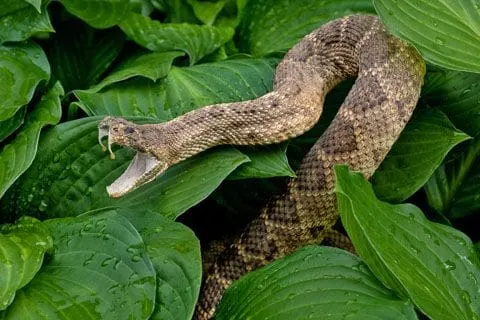
Your pet's maxilla is his or her upper jaw. The maxilla is necessary for the formation of the palate and nose and also supports his or her upper teeth. On the other hand, your pet's mandible is the lower jaw, which is responsible for supporting your pet's bottom set of teeth.
Unfortunately, if your pet has an untreated cavity, an abscess can occur in one of these areas. An abscess is an infection that causes an accumulation of pus within the tissue. You might notice that your pet has a difficult time chewing due to pain. Other symptoms include fever and just generally feeling unwell. In some cases, your pet may struggle to open his or her mouth.
Treatment for Maxillary and Mandibular Abscesses
Typically Dr. Nathan Anderson will be able to treat the infection with antibiotics or a procedure to drain the abscess. The procedure to drain the abscess requires a small incision. Dr. Anderson can complete it under a local anesthetic unless your pet has anxiety and may need some type of sedation.
However, in more serious cases, Dr. Anderson may need to perform surgery on the mandible or maxilla to stop the infection. The surgery will help to relieve your pet's symptoms and stop the infection from spreading. Surgery for an abscess will include removing a portion of the affected jaw bone. Keep in mind that this is in extreme cases and isn't the standard treatment for a minor abscess in either of these bones.
Dr. Anderson will need to reshape the missing jaw bone either by using a portion of your pet's bone for another area or by using a donor’s bone.
Your pet will need much of your love and attention after the procedure as he or she recovers. Our team at Anderson Exotic Veterinary Care will inform you of everything you need to do to optimize the recovery process for your exotic pet.
If you notice signs of an oral infection in your pet, you want to get him or her to our office as soon as possible. Early treatment can prevent the infection from spreading to the jaw. However, if the infection should happen to spread to the jawbone and surgery is necessary, know that our veterinary team is here to assist. If you think that your pet may be suffering from an untreated cavity or abscess, contact our office at 800-462-8749 to schedule a convenient appointment.
